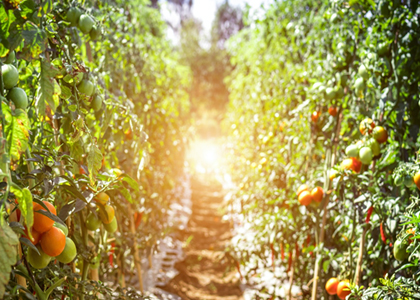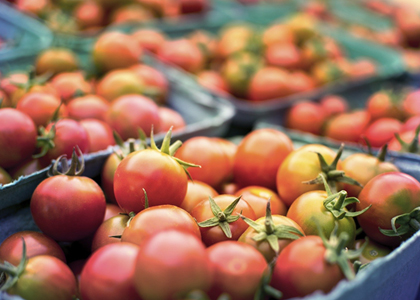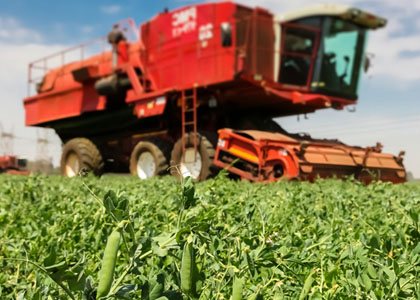Home / Blog / First Regional Grain Terminal
SALIC to build at the KSA’s Yanbu Commercial Port
An agreement has been signed by the Saudi Port Authority, Mawani, and the Saudi Agricultural and Livestock Investment Co. (SALIC) to build a grain terminal in Yanbu Commercial Port. The grain terminal will have a capacity of handling 5 million tons of annual produce. It will cover 313,000 square meters and become the regional center for importing, processing, and exporting grain in KSA. The terminal will import and export grain in two phases. This terminal will enable the KSA to access global grain sources, and will especially benefit SALIC by linking the Kingdom to its investments.
Founded in 2001 through mass production and investment, SALIC is entirely owned by the Kingdom’s sovereign Public Investment Fund. Between 2019 and 2020, the KSA imported 14.2 million tons of grain, according to the International Grain Council. SALIC sources grain for the Kingdom from multiple countries. Rice is imported from India, Pakistan, the US, Thailand, and Australia; corn is sourced from Argentina, Brazil, the US, Paraguay, and Yemen; while barley is sourced from Argentina, Russia, Ukraine, Estonia, and Romania.
Minister of Environment, Water and Agriculture and chairman of SALIC’s board of directors, Abdulrahman Al-Fadley, and Minister of Transport, Saleh Al-Jasser, attended the ceremony where the president of Mawani, Saad Al-Khalb, and the CEO of SALIC, Sulaiman Al-Rumaih, signed the agreement.
The strategic location of the terminal at Yanbu Port will benefit the country by bolstering the influx of grain from all over the globe. Minister of transport Al-Jasser testified to this advantageous location. He stated that the port’s proximity to local and regional markets in the Red Sea Basin and the Horn of Africa will prove to be a competitive advantage in the future.
This decision aligns with Mawani’s aim of increasing investment in the port by the private sector to 90 percent by the year 2030.
“This partnership plays a vital role in the ports and logistic services sector, given they are the main enablers of many key industries and sectors, including the food security sector. It also goes in line with Mawani’s strategic objectives of fully utilizing the huge absorptive capacity in Saudi ports and raising the percentage of private sector investment in the port sector to 90 percent by 2030. By doing this it will serve the establishment of various development projects that contribute to achieving added value to the national economy, and supporting the investment landscape and commercial traffic in the Kingdom,” said Al-Jasser.
He stated that the terminal project will support operational traffic in the Yanbu Commercial Port and also draw in international shipping lines. KSA also expects the project to increase investments in the logistics services sector.
Al-Fadley said, “This strategic partnership with Mawani has lasted for over 30 years and is considered one of the key pillars of the food security system in the Kingdom. The project aims to enhance the velocity of the main grain influx to Saudi Arabia and is considered the first regional center for grains in the commercial port of Yanbu.”
He further explained that SALIC depends on the geographical location of the KSA and the port infrastructure to optimize food distribution by linking Saudi Arabia to global grain sources.












